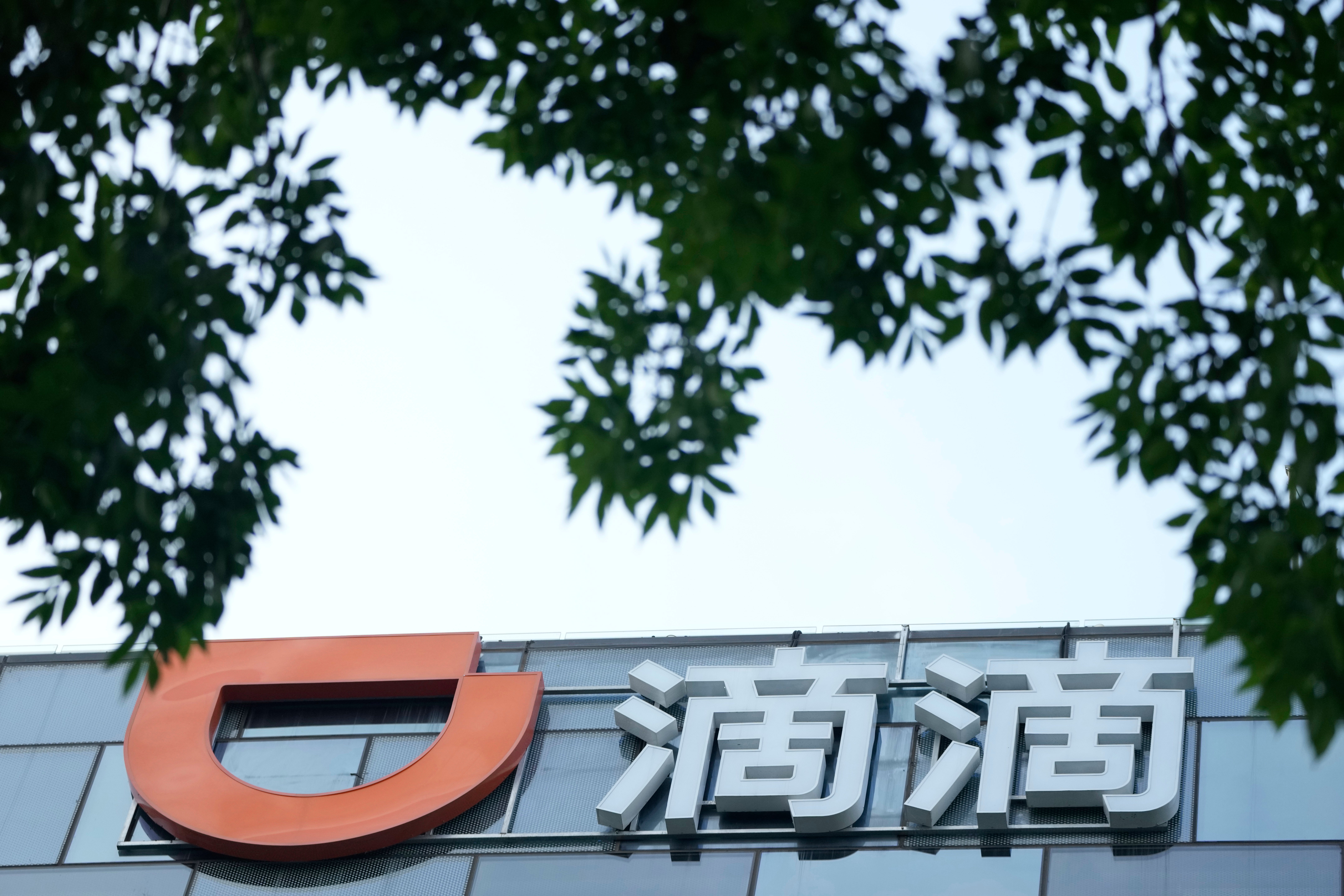China's Didi to leave US stock market amid tech crackdown
Chinese ride-hailing service Didi Global Inc. says it will pull out of the U.S. stock market and shift its listing to Hong Kong as the ruling Communist Party tightens control over tech industries

Your support helps us to tell the story
From reproductive rights to climate change to Big Tech, The Independent is on the ground when the story is developing. Whether it's investigating the financials of Elon Musk's pro-Trump PAC or producing our latest documentary, 'The A Word', which shines a light on the American women fighting for reproductive rights, we know how important it is to parse out the facts from the messaging.
At such a critical moment in US history, we need reporters on the ground. Your donation allows us to keep sending journalists to speak to both sides of the story.
The Independent is trusted by Americans across the entire political spectrum. And unlike many other quality news outlets, we choose not to lock Americans out of our reporting and analysis with paywalls. We believe quality journalism should be available to everyone, paid for by those who can afford it.
Your support makes all the difference.Chinese ride-hailing service Didi Global Inc. said Friday it will pull out of the U.S. stock market and shift its listing to Hong Kong as the ruling Communist Party tightens control over tech industries.
The one-sentence announcement on Didi's social media account gave no explanation, but the company's U.S. market debut in June was disrupted by a data security crackdown launched by Chinese regulators.
“After conscientious research, the company will start delisting operations on the New York Stock Exchange immediately and commence preparations to list in Hong Kong,” the announcement said.
The company earlier denied reports it planned to buy back its U.S. shares. The share price tumbled after the government announced it was investigating how Didi gathered and handled data on customers, an increasingly sensitive issue in China
The company raised about $4.4 billion in its June market debut. Its announcement Friday gave no indication what price it might pay to buy back its U.S.-traded stock.